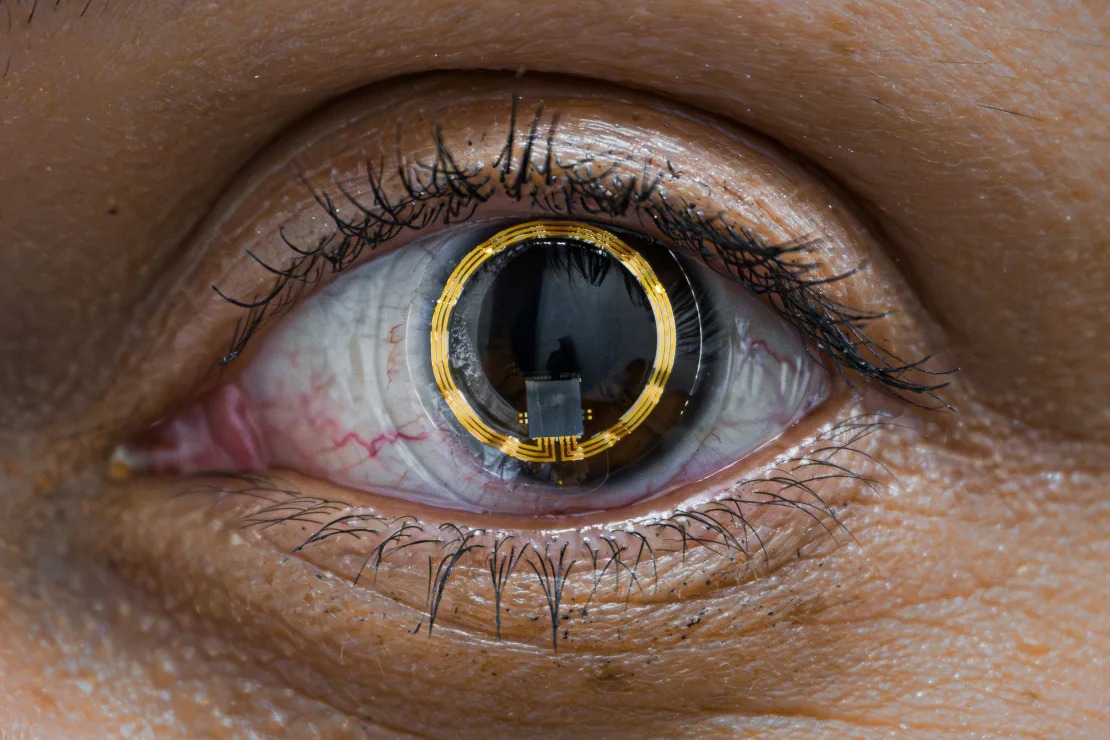Scientists are still researching how staying in space affects human health. It is known that long-term flights lasting more than six months cause irreversible processes in the body, but a short-term stay in microgravity, as it turned out, also has a negative impact. A study of the five-day Polaris Dawn mission, whose crew consisted of space tourists, provides a better understanding of how spaceflight affects the average unprepared person. The results raise concerns, CNN reported.

One of the crew members, former military pilot Scott Poteet, noted that already in the first few days of the flight, his vision began to deteriorate. Poteet’s vision worsening may be associated with neuro-ocular syndrome, or SANS. This condition occurs due to exposure caused by microgravity, which produces swelling of the optic nerve and changes in the distribution of fluids in the brain and eyes. Despite numerous studies, the causes of this syndrome are still poorly understood.
Harmful effects of spaceflight
Poteet’s vision problems were not unique. The mission’s commander, billionaire Jared Isaacman, said he saw “flashes of light” with his eyes closed, a phenomenon previously observed by other astronauts. It’s probably related to the effects of cosmic radiation. As Polaris Dawn rose much higher than the International Space Station’s orbit, the crew found themselves in the Van Allen belt, a zone of intense radiation.

This case demonstrates how little we know about the effects of space on the body, especially in the context of future long-duration missions such as a mission to Mars. To better understand the changes, the crew performed regular medical tests during the flight.
Serious consequences in the future
To collect additional data, all crew members wore contact lenses with sensors that recorded intraocular pressure. Fortunately, after returning to Earth, Poteet’s vision was quickly restored. However, as Anna Menon, a SpaceX engineer and mission medic, noted, vision problems could have serious consequences for future space travelers to other planets.
“If you imagine that during a nine-month journey to Mars, a significant portion of the crew loses the ability to read instructions or perform tasks, it becomes a critical problem,” Menon warned.
The results of the Polaris Dawn mission demonstrate that humanity still has much to learn before it can safely explore space for the long term.
We previously reported on how SpaceX astronaut Crew-8 was hospitalized after returning to Earth.


